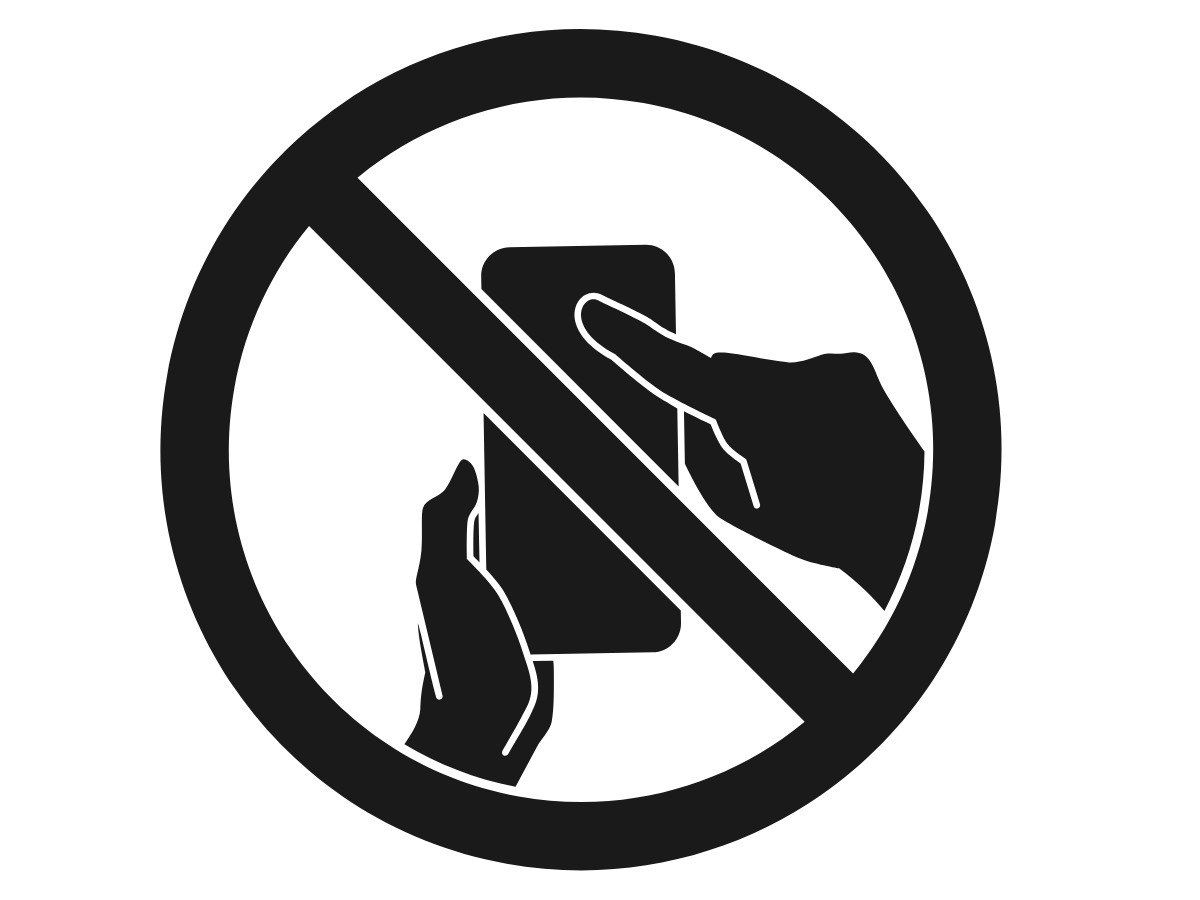The State Government has today launched a new campaign urging householders to consider what they put in their recycling bins and their green organics bins.
The Which Bin advertising campaign that will officially be launched with a series of television commercials on Sunday night will help to improve householder’s awareness of what can and cannot be placed into the kerbside recycling bins.
Minister for Environment and Water said while South Australians continue to lead the nation in recycling activity, the wrong items continue to be placed in the kerbside collected bin.
“South Australians are great recyclers and we have a proven history in waste management. However, we can all do much better when it comes to knowing what should, and should not go into the recycling bin and the green organics bin,” said Minister Speirs.
“Food and green organic waste makes up almost half of the weight in our general waste bins which unnecessarily goes to landfill.
“The more we can divert from landfill to recycling and composting the better for both the environment and the economy – reducing costs for local councils whilst creating jobs.
“We can support the local recycling industry by ensuring that the correct recyclable items are placed in the correct bin and that these are clean and contaminant free.
“The Which Bin campaign uses humour to show Vinnie and his family facing a range of common recycling dilemmas in their everyday lives.
“Education is a vital tool in improving the way South Australians approach waste management and we feel the new campaign will inform the community in an easy-to-understand way.”
The campaign aims to improve knowledge on correct behaviour and to drive traffic to the newly developed Which Bin website (whichbin.sa.gov.au) which provides householders with a definitive and easy guide to recycling irrespective of which South Australian council, suburb or region they live in.
To complement the roll out of the campaign a suite of resources for local government is being developed including calendars, bin stickers, signage, posters and customisable social media assets.
Minister Speirs thanked the Working Group on Recycling Education which guided the development of the campaign. It comprised representatives of state government, industry, local government and KESAB.
The funding is part of the Government’s $12.4 million support package for the recycling industry and local government in response to China’s ³Ô¹ÏÍøÕ¾ Sword Policy.
Key tips for the recycling bin
- No plastic bags in the recycling bin
- No food in the waste bin
- No shredded paper in the recycling bin
- No fabric in the recycling bin
- No e-waste or appliances in the recycling bin
Key tips for the organics bin
- If it didn’t grow, it doesn’t go – nothing metal or plastic in the green organics bin
- All garden organics like lawn clippings, small branches, prunings and even weeds are fine in the organics bin
- If your council accepts food scraps you can even put meat, bones and oyster shells in your green bin – commercial composting facilities in South Australia can quickly convert them to valuable organic compost no problem
- Pet hair and human hair can go in the organics bin
- Greasy pizza boxes are welcome in the green bin
- Never put any plastic in your green bin. Only certified compostable bags are acceptable. They must be labelled with the Australian Standard AS-4736 for compostability. Don’t place degradable or bio-degradeable bags in your organics bin.
If in doubt, check the Which Bin website whichbin.sa.gov.au or call the Which Bin hotline on 1300 137 118.








